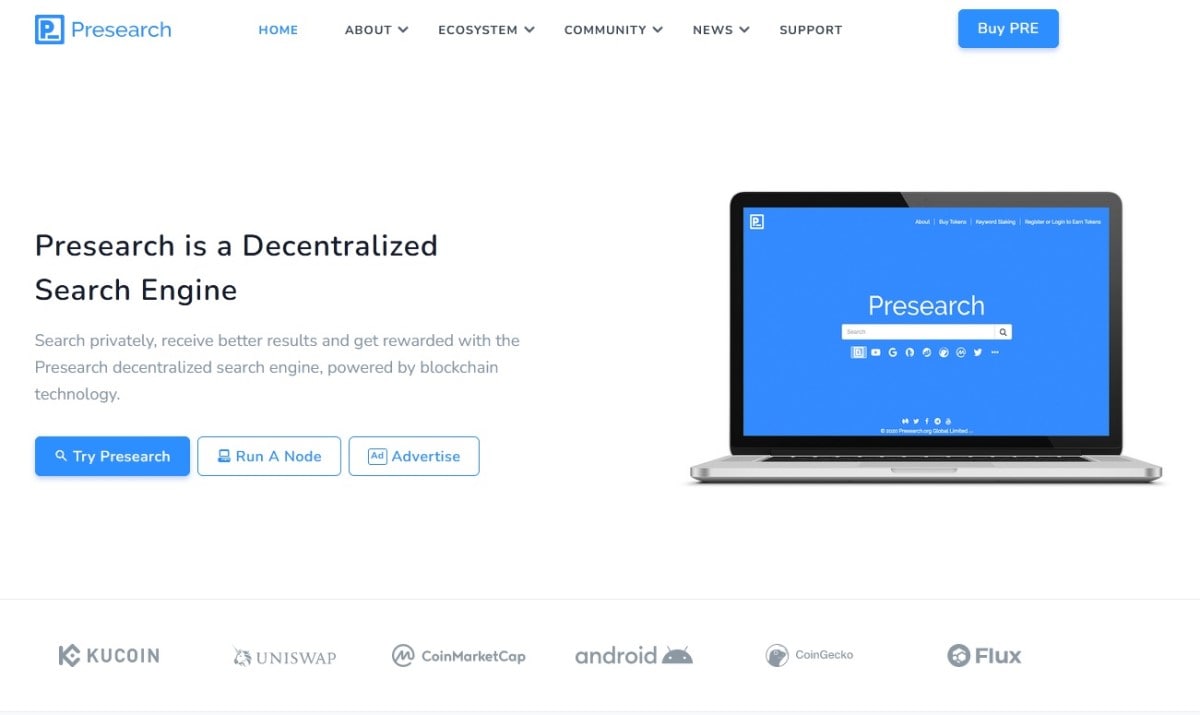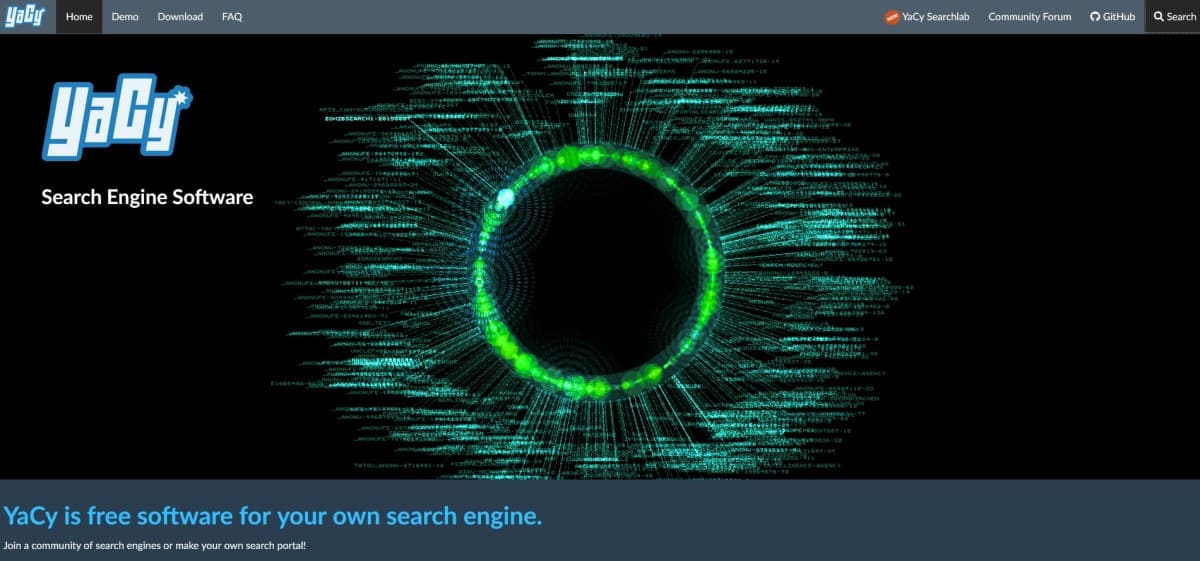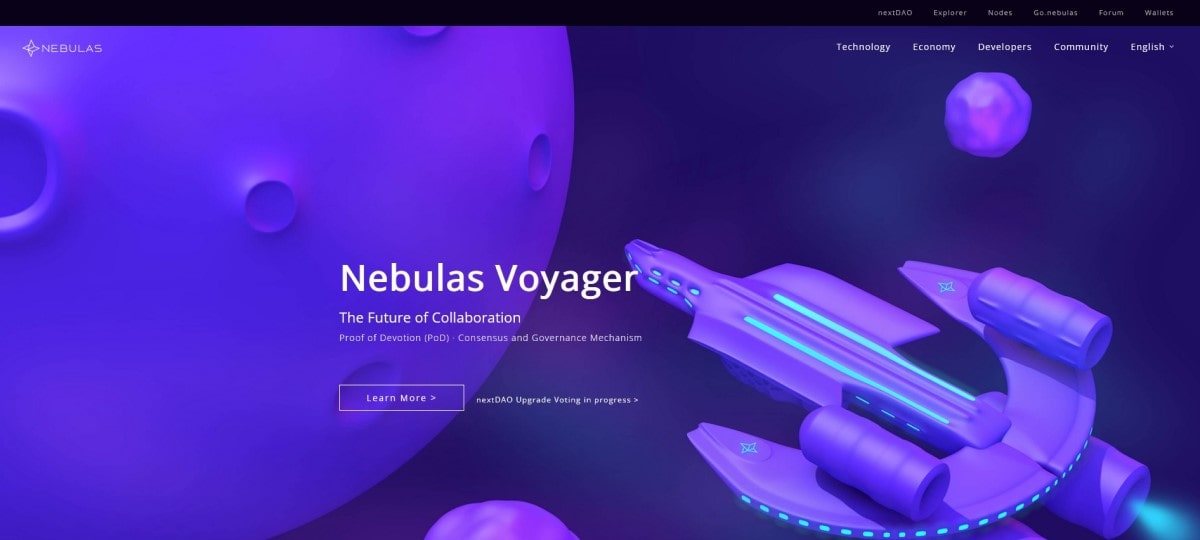What Is a Decentralised Search Engine, and Is It Our Future?

Search engines lie at the heart of the modern Internet. However, as we become increasingly reliant on centralised search engines, concerns about privacy, bias, and control have emerged, prompting a growing interest in an alternative approach: decentralised search engines. In this article, we explore the principles, advantages, and challenges of decentralised search engines, questioning whether they hold the key to reshaping our digital future.
Search is how we access the amazing resources on the web. It's how we find things that we don't already know about. It's an incredibly powerful position for a single entity [Google] to occupy, as it has the power to shape perceptions, shift spending and literally make or break entire economies and political campaigns, and to determine what and how we think about the world. – Colin Pape, Founder and CEO of Presearch.
What is a decentralised search engine?
The core principles of decentralised search engines are the absence of control by a single authority, user empowerment and privacy protection. Unlike centralised search engines, which rely on a single server or data centre to collect, index, and deliver search results, decentralised search engines distribute these tasks across a network of interconnected nodes.
How does a decentralised search engine work?
Decentralised search engines operate through a network of nodes. The foundation for this network is blockchain technology, known for its transparency, immutability and decentralisation. Instead of relying on a central server to index and store data, the search index is distributed across this network. Each node within the network maintains a portion of the index, storing information about web pages, documents, or other relevant data. The distribution of the index ensures redundancy and fault tolerance and avoids reliance on a single point of failure.
When a user enters a search query, it is broadcasted to multiple nodes within the network. These nodes receive the query and process it independently. Each node performs a local search based on the received query against its portion of the distributed index.
After performing the local search, each node generates a set of relevant search results based on its local index. The search engine utilises ranking algorithms to determine the relevance and order of the search results. Nodes can collaborate through the network to share and aggregate their respective search results, creating a comprehensive set of results. The search engine compiles the aggregated search results and presents them to the user in a user-friendly format, typically similar to traditional search engine result pages.
Details about the searches in decentralised search engines are encrypted and stored in a blockchain. Only the users themselves have access to them. Users can provide this information to advertisers in order to receive truly personalised advertising.
Why are decentralised search engines so useful?
The importance of search engines should not be underestimated. Search engines are essentially users' gateway to everything on the Internet. Whoever controls these gateways has enormous power and can use it as they please. Thus, decentralised search engines with no single point of control have a number of important advantages:
- Reducing bias and manipulation. Centralised search engines have been repeatedly criticised for algorithmic bias and manipulation of search results for political or commercial motives. Decentralised search engines greatly reduce the risk of bias or manipulation of search results.
- Enhanced privacy. Decentralised search engines prioritise user privacy by minimising the collection of user data and/or denying access to this data without authorisation by the user.
- User empowerment. Decentralised search engines prioritise user empowerment by offering more control over personal data and search preferences. Users have the ability to determine what information is shared and, in some cases, actively contribute to the indexing process.
- Increased transparency and accountability. Decentralised search engines strive to enhance transparency by providing users with greater visibility into the search algorithms and ranking criteria employed.
- Fault tolerance. Decentralised search engines, due to their distributed nature, exhibit resilience and fault tolerance. If one node within the network goes offline or experiences issues, other nodes can continue to function, ensuring uninterrupted access to search capabilities.
- Ad personalisation control. Decentralised search engines often give users more control over their advertising preferences. Users can choose the level of personalisation they desire, which can include opting out of targeted advertising altogether.
Changes to internet search tools are long overdue. Because of their advantages, decentralised search engines can become a solution to many of the problems currently plaguing internet users.
Challenges and limitations
Despite the obvious advantages of decentralised search engines, they face several challenges and limitations that can impact their widespread adoption and effectiveness:
- Index quality and coverage. Ensuring the quality and coverage of the search index in decentralised systems can be challenging. As the indexing task is distributed across multiple nodes, inconsistencies or gaps in data coverage can occur. Maintaining a comprehensive and up-to-date index requires active participation from a diverse range of nodes.
- Scalability and efficiency. Decentralised search engines may encounter scalability issues as the network grows in size. Coordinating search queries and aggregating results from numerous nodes can introduce latency and affect search speed.
- Content discovery and relevance. Discovering new and relevant content in decentralised search engines can be a challenge due to the distributed nature of indexing. Ensuring that less-popular or niche content is adequately indexed and surfaced to users remains an ongoing challenge.
- User adoption and network effect. Decentralised search engines rely on user adoption and network effect to reach their full potential. Without a critical mass of users and nodes participating in the network, the search results may be limited or less comprehensive compared to centralised counterparts.
While decentralised search engines hold great promise, overcoming these limitations is crucial to their wider adoption and effectiveness.
Is Google a decentralised company?
No, Google is not considered a decentralised company. Google operates as a centralised corporation with a hierarchical structure and a centralised decision-making process.
Best decentralised search engine systems
There are several decentralised search engines available. Here's a brief review of a few notable ones.
Presearch
Presearch is a community-driven decentralised search engine that rewards users with cryptocurrency tokens for their search activity. It aims to provide privacy, neutrality, and user control over search results, with the ability to customise search sources and participate in community activities. The platform's native cryptocurrency, the PRE token, is an ERC-20 token on Ethereum and is widely used in the project ecosystem for different purposes, including incentivising users.

YaCy
YaCy is an open-source, peer-to-peer search engine that relies on a distributed network of users. Each user runs their own YaCy node, contributing to the search index and sharing results with others.

Nebulas
Nebulas is not primarily a decentralised search engine but rather a blockchain platform that aims to create a sustainable ecosystem for decentralised applications (dApps). One of the development areas of Nebulas is the creation of a cross-chain search framework for blockchains. One of the platform's unique features is the search within dApps.

Tags
Try our Bitcoin Cloud Miner and get additional crypto rewards based on your trading volume. It's immediately available upon registration.
Try our Bitcoin Cloud Miner and get additional crypto rewards based on your trading volume. It's immediately available upon registration.



